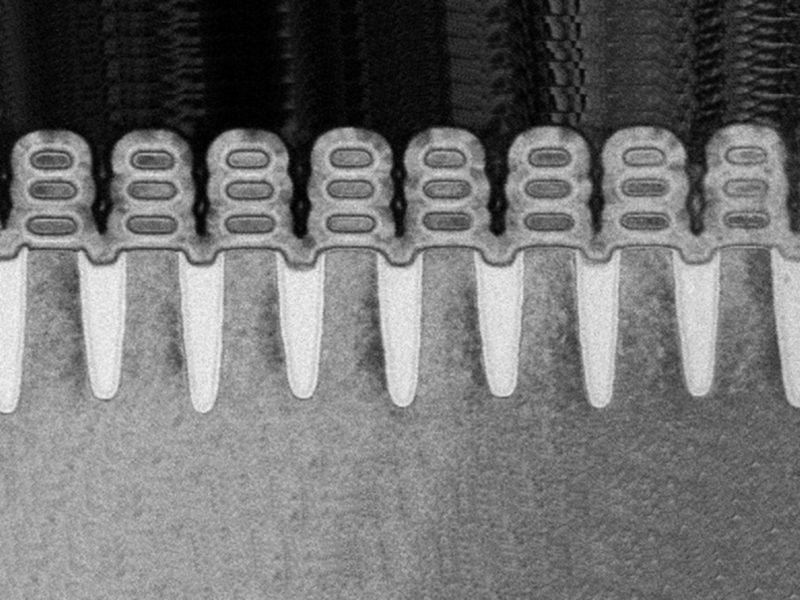IBM's New Tech Squeezes 30 Billion Transistors Into Fingernail-Sized 5nm Chip
28 March 2018

The world's first 7-nanometre chip was introduced in 2015 by IBM in a chip industry predominantly occupied by 10-nanometre and 14-nanometre chips. Along with the 7nm chips, a new approach to producing transistor chips came into existence - the extreme ultraviolet lithography (EUV). Continuing the same approach, the new 5nm chip will be produced, however, forgoing the standard FinFET architecture and using stacks of silicon nanosheets instead - called nanosheet transistor architecture.
With EUV and nanosheet transistor architecture technique, IBM says the width of the nanosheets can be adjusted continuously within a single manufacturing process. This will help fine-tuning of performance and power for specific circuits under the 5nm technology. Unlike the 7nm chip covering 20 billion transistors on a chip, the 5nm will let 30 billion transistors to be fitted on a single microprocessor.
IBM says that its new 5nm chip technology will deliver 40 percent performance enhancement at a fixed power, or 75 percent power savings at matched performance for the future devices in favour of demands of artificial intelligence (AI) systems, virtual reality, and mobile devices. Talking specifically about mobile phones, the company is hoping to bring a change in the power consumption method prevalent presently. "The resulting increase in performance will help accelerate cognitive computing, the Internet of Things (IoT), and other data-intensive applications delivered in the cloud. The power savings could also mean that the batteries in smartphones and other mobile products could last two to three times longer than today's devices, before needing to be charged," explains the company in its press release.
While things look promising, don't raise hopes to see them soon enough in the devices that will possibly be shipped in near future. The 7nm-technology chips were launched almost two years back and we are yet to see them shipping until 2018 presumably. As far as the technological advancement of the silicon chips is concerned, IBM has just taken us into a new horizon, which can be undoubtedly backed by IBM's recent investments in R&D and artificial intelligence domains.
https://www.megasan.com/en/discrete-semiconductor-products you can check out our transistor products.